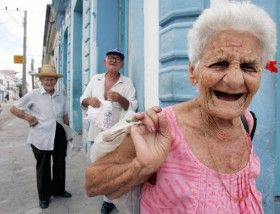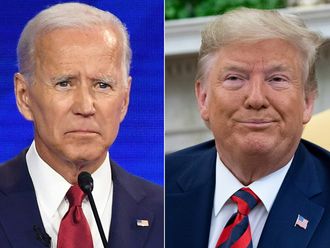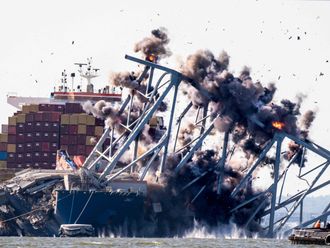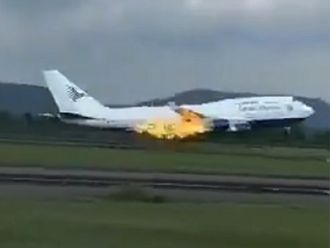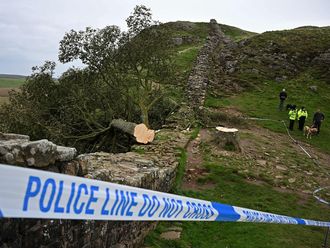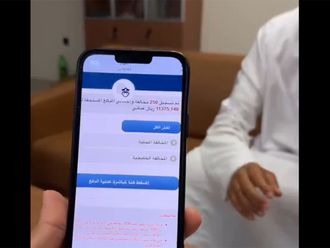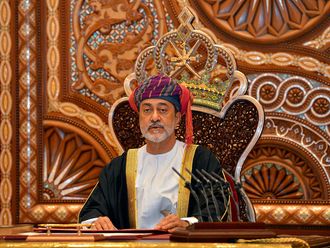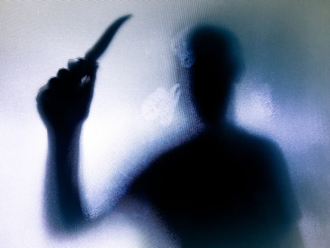Havana: Doctors at the exclusive Cimeq hospital in western Havana are accustomed to handling the delicate health problems of Cuba's communist elite.
It was here last weekend that they battled for several hours to save the life of the regime's most important patient, Fidel Castro. Unable to stem intestinal bleeding with drugs, the country's top surgeons performed an emergency operation on the veteran leader.
To all but a handful of trusted doctors and his closest lieutenants, Castro's medical condition has been shrouded in mystery, described as a "state secret."
The 79-year-old president is understood to have undergone surgery on Saturday at Cimeq before being wheeled back from the operating theatre to the floor reserved for him and his 75-year-old brother, Raul.
The facility is in the district of Siboney in a tightly guarded military zone. The Cuban leader received treatment on a par with the best in the world.
But most Cubans, reliant on the supposedly universal health system, have to pay for even basic drugs such as aspirin and the equivalent of £30 for "extras" such as X-rays.
Castro's handover of power to Raul, albeit temporary, was disclosed to a stunned nation two nights later as they gathered around flickering television sets.
In Washington and Miami, Castro's long-time foes urged the Cuban people to push for democratic change.
Condoleezza Rice, the US Secretary of State, said in a broadcast beamed to the island: "Much is changing there, we will stand with you to secure your rights."
Yet if the regime's "Berlin Wall moment" was approaching, it was hard to discern as the cowed populace instead focused on the daily struggle to survive.
Indeed, two leading dissidents, Miriam Leiva and Oscar Espinosa Chepe, urged calm rather than street protests.
Leiva, an independent journalist, and her husband, Espinosa, the leading anti-regime economist and a former political prisoner, are accustomed to having their lives monitored by informers.
There is even a secret police listening post on the floor above their one-bedroom flat. Despite the jubilant scenes among exiles in Miami's Little Havana, dissidents in Cuba, a small and loose-knit bunch, remained cautious.
"The opposition has no fears as we have been jailed and threatened and bullied already. But the Cuban people are too scared and intimidated to take to the streets," said Espinosa.
Across Havana, banners fluttering from crumbling buildings bear the message, "Viva Fidel - 80 More".
It is Castro's 80th birthday next Sunday but, for now, Cubans are united in waiting to see what happens next.
Who's in charge: Leader remains out of sight after surgery
Cuban officials said an ageing and ailing Fidel Castro was recovering and could return to power in a few weeks, even though he remained out of sight five days after surgery that forced him to put his brother in charge of the country.
They tried to allay suspicions the 79-year-old Communist leader had lost his grip on the island nation he took over in a 1959 revolution, but admitted his health may require him to reduce his workload.
Government sources said Castro was well enough to be eating and sitting up, but he has not been seen in public since July 26.
Brother Raul, 75, has not surfaced since Fidel gave him provisional power on Monday, which has triggered speculation about who is in charge.
Vice-President Carlos Lage said Castro would return to the presidency "in several weeks" and denied a Brazilian newspaper report his surgery was for stomach cancer, not gastrointestinal bleeding as announced.
"Fidel has had to confront an operation and is recovering favourably. He does not have cancer," Lage said during an official visit to Bolivia.
"The operation was successful," he said.
- Reuters


